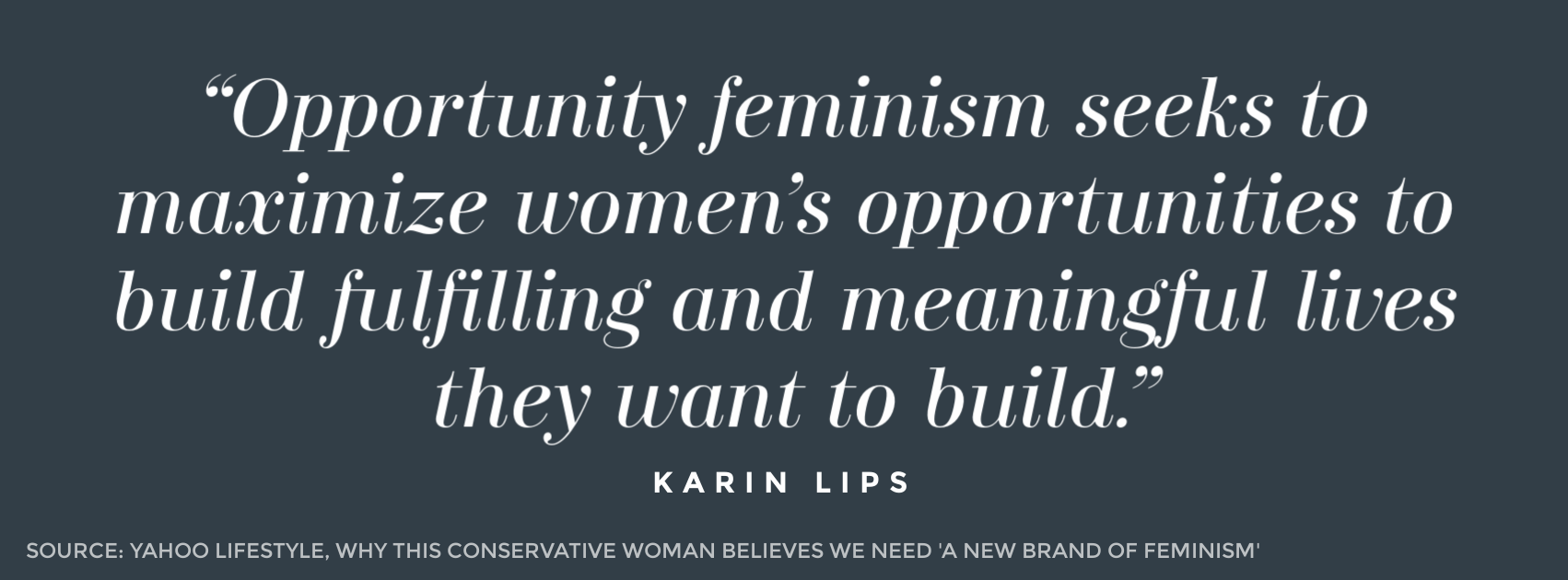This is no time for a feminist reordering of the economy
This article originally appeared in The Hill.
Elected officials across the nation are working to reopen the economy. They face difficult choices about how to get Americans back to work while managing the risks of the gravest public health crisis we’ve faced in a century. But in Hawaii, some local leaders are looking to exploit the pandemic to reorder the economy under the banner of feminism.
The Hawaii State Commission on the Status of Women issued a report, Building Bridges, Not Walking on Backs: A Feminist Economic Recovery Plan for COVID-19, writing: “The COVID-19 response and recovery plan sets the stage for a series of what could be some of the most important and transformative policy decisions that Hawaii and the world have the opportunity to enact. This is our moment to build a system that is capable of delivering gender equality.”
The commission reasons that the Hawaiian economy is inherently sexist, pointing to a gender pay gap (“Native Hawaiian women are more economically vulnerable than Native Hawaiian men, earning 70 cents for every dollar a man makes, and 79 cents for every dollar a Native Hawaiian man makes”) and women’s overrepresentation in certain jobs (“Women dominate the service industries in Hawaii, especially social services, domestic services and health care, because of systemic sexism”).
To address these perceived injustices, the commission calls for a dramatic restructuring of the economy. Its recommendations include avoiding austerity measures, protecting social services, and raising revenues by tapping into the Federal Reserve’s lending program. It calls for reducing the state’s reliance on the “military, tourism and luxury development” industries and “ensuring women have access to ‘green jobs’ in renewable energy, energy efficiency and environmental management and construction jobs (89.9 percent male workers) through stimulus programs that promote gender and racial equity.”
Additionally, the commission calls for the state to implement reforms to reduce economic inequality, such as raising the minimum wage to $24.80 per hour for single mothers and offering paid family leave.
“Rather than rush to rebuild the status quo of inequality,” the commission wrote, “we should encourage a deep structural transition to an economy that better values the work we know is essential to sustaining us.”
The report easily could be dismissed as another example of ideologues using a crisis to promote a political agenda. But this report is a window into the thinking of a key interest group ahead of the 2020 election and the ongoing national debate about how to respond to the pandemic and related economic challenges. More importantly, it highlights the risks of viewing the current crisis through political lenses such as feminism and gender equality.
The pandemic is creating public health and economic challenges that many of us have never lived through. More than 68,000 Americans have lost their lives to the coronavirus so far. An estimated 30 million Americans have lost their jobs since mid-March, and some analysts project unemployment levels higher than any time since the Great Depression. In Hawaii, nearly 30 percent of the workforce has filed for unemployment.
Answering these challenges will require politicians on the left and the right to make difficult decisions and address problems without relying on simplistic ideological talking points for developing policy solutions. Unfortunately, the pandemic’s arrival during a presidential election year increases the risk that politicians on both sides will use the emergency to gain favor with key interest groups.
For liberals, that could mean pandering to feminists who are spending their time while social distancing daydreaming about how to restructure society into a progressive paradise.
Allowing gender equality warriors to wield the economy as their tool won’t make things better. In fact, many of these costly proposals would end up hurting the women they aim to help by increasing the cost of labor and making it harder for businesses to come back.
Leaders in Hawaii aren’t the only people reimagining the economy. California Gov. Gavin Newsom also is thinking about this. When asked if he sees COVID-19 as providing an opportunity for a move toward a “new progressive era,” Newsom said, “There is opportunity for reimagining a progressive era as it pertains to capitalism. … So yes, absolutely we see this as an opportunity to reshape the way we do business and how we govern.”
We are at a critical time when many Americans are questioning the role of government and the best policies for ensuring America’s strong recovery. We may disagree on the timing of when to reopen businesses. But we should all agree that we want to reopen businesses and get Americans back to work in a way that doesn’t destroy the economy. That means not using the crisis to promote a feminist political agenda.



